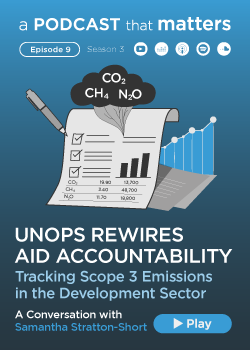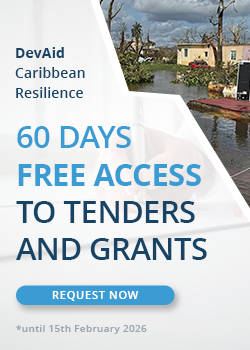Print

In The Same Sea: The Lesser Antilles as a Common World of Slavery and Freedom
Details
Locations:Denmark
Start Date:Sep 1, 2020
End Date:Aug 31, 2025
Contract value: EUR 1,999,970
Sectors: Culture & Arts, Research & Innovation
Description
Programme(s): H2020-EU.1.1. - EXCELLENT SCIENCE - European Research Council (ERC)
Topic(s): ERC-2019-COG - ERC Consolidator Grant
Call for proposal: ERC-2019-COG
Funding Scheme: ERC-COG - Consolidator Grant
Grant agreement ID: 863671
Project description:
Sailing through Lesser Antilles history
There are still gaps in our knowledge of the history of Lesser Antilles, a group of islands in the Caribbean Sea, with a wide range of topics remaining unexplored. The entire area represented a multilingual and multicultural environment where short sea routes secured interrelations. Interisland connections, slavery, plantation production, distance commerce and the role Europeans and the European empires played in the islands’ history will be explored by the EU-funded IN THE SAME SEA project, which will focus on the period between the 1650s and 1850s. The project will apply a collaborative research methodology and digital solutions to collect, elaborate and map data; moreover, it will establish an online database and digital mapping resource as a fundamental research tool for Caribbean and Atlantic history.
Objective:
IN THE SAME SEA is the first systematic investigation of the combined history of the Lesser Antilles from the 1650s to the 1850s.
The project advances the hypothesis that the Lesser Antilles were decisively shaped by inter-island connections that transformed separate islands into a common world of slavery and freedom. Living in fragile societies of limited resources and marked by racial slavery, plantation production, and long-distance commerce, enslaved Africans, free people of color, and Europeans depended on and gained vital resources from crossing the short sea routes to their neighbors in English, French, Dutch, Spanish, Danish, and Swedish colonies.
The project consists of a team specializing in the historiographies, archives, and languages of the six colonial powers present in the Lesser Antilles. A collaborative research methodology and digital solutions to data collection and mapping, enable the project to generate crucial new knowledge of how inter-island connections shaped the Lesser Antilles. This is done in five work packages covering the inter-island trade, enslaved movement, maintaining slavery, island belonging, and cultural responses to living in fragile societies.
The project features a number of key elements designed to ensure its impact on the historical field and beyond. First, the project challenges the long-standing focus on European empires as the fundamental lodestone of the history of the Lesser Antilles. Second, it lays the foundation for an online database and digital mapping resource, which will become a crucial research tool in the fields of Caribbean and Atlantic history. Third, it brings a new analytical model to the efforts of studying spatial processes within several fields, amongst others, Atlantic history, new imperial history, and global history. Finally, the project provides vital input to the ongoing dialogues between states and institutions in the Lesser Antilles and Europe regarding the legacies of European colonialism.

